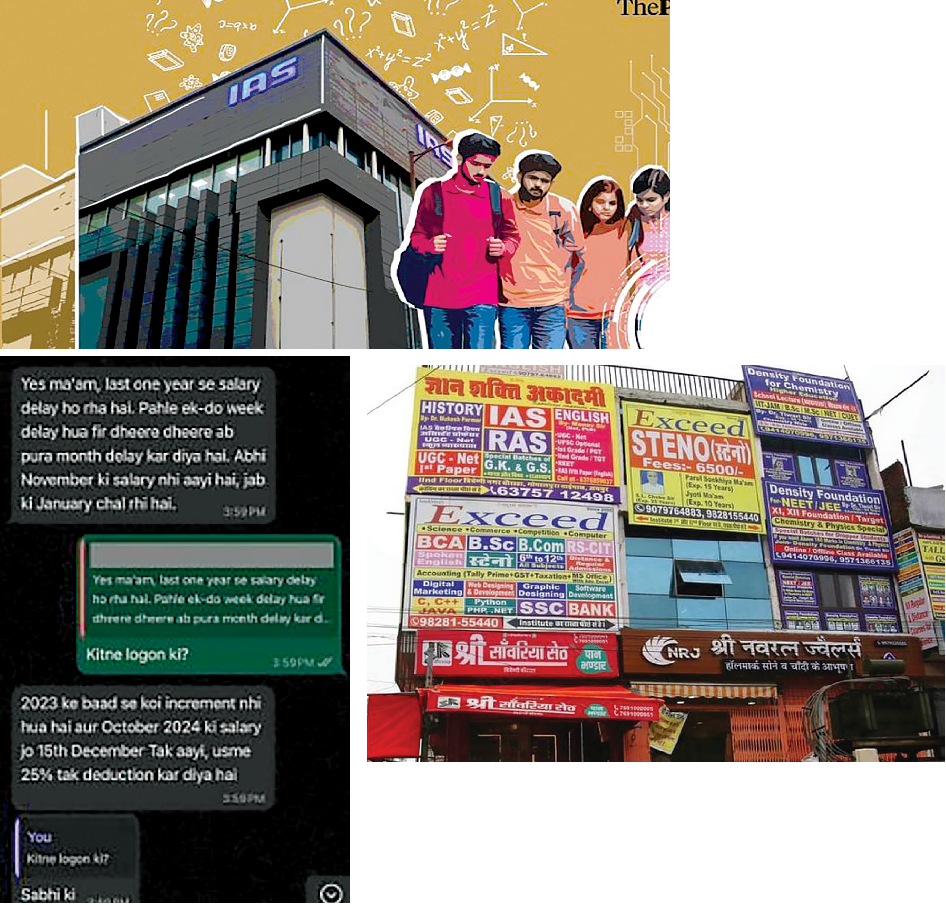
How much sugar is too much
Dr. Haresh Mehta, Free Press Journal: A pressing issue in today’s age and time is hypertension. In this era of overnutrition, contrary to previous decades increased sugar intake is also a dilemma. Sugar and hypertension, commonly known as high blood pressure, are two issues that are closely intertwined. It is a condition in which the blood pressure in the arteries is consistently higher than normal, and it is a major risk factor for cardiovascular diseases, including heart attack, stroke, and kidney disease. The relationship between sugar and hypertension is complex and multifaceted, but it is important to understand their correlation to prevent and manage hypertension effectively. Firstly, it is important to understand the effect of sugar on the body. Sugar is a type of carbohydrate that is broken down into glucose, which is used by the body as fuel.
However, excessive sugar consumption can lead to a range of health problems, which include but is not limited to obesity, diabetes, hypertension etc. Substantial amounts of sugar cause the body to release insulin, a hormone that helps regulate blood sugar levels. Levels of insulin have an upper limit. Over time, the body may become resistant to insulin, leading to high blood sugar levels and an increased risk of developing diabetes. High blood sugar levels can also damage blood vessels and lead to hypertension, also termed a macrovascular complication of diabetes. Studies have found that consuming too much sugar is associated with an increased risk of hypertension. The exact mechanism by which sugar leads to hypertension is not fully understood, but there are several possible explanations. As stated, excessive sugar consumption can lead to insulin resistance, which can lead to high blood sugar levels and damage blood vessels. Another explanation is that sugar can increase the production of the hormone aldosterone, which can lead to increased salt retention in the body and higher blood pressure. Additionally, consuming copious amounts of sugar can lead to weight gain, which is a major risk factor for hypertension. Reducing sugar intake is one of the most effective ways to prevent and manage hypertension. The American Heart Association recommends that six teaspoons of added sugar per day should be the upper limit. However, the average American consumes much more than this, with estimates suggesting that the average intake of added sugar is around seventeen teaspoons per day.
Sugar is present in most of the diets we eat, and not necessarily only in sweet edibles or raw sugar. To reduce sugar intake, it is important to read food labels carefully and choose foods that are low in added sugars. Sugar can be found in many unexpected foods, including bread, cereal, and even pasta sauce, so it is important to be aware of hidden sources of sugar.
Choosing vegetables, whole grains, and lean proteins can help reduce sugar intake while providing essential nutrients for overall health. In addition to reducing sugar intake, several other lifestyle changes can help manage hypertension. These include maintaining a healthy weight, engaging in regular physical activity, reducing sodium intake, and quitting smoking. In some cases, medication may also be necessary to control blood pressure. While the exact mechanisms by which sugar leads to hypertension are not fully understood, excessive sugar consumption is associated with an increased risk of developing hypertension. Reducing sugar intake, along with other lifestyle changes, is a crucial step in preventing and managing hypertension.
 English daily published in Bengaluru & Doha
English daily published in Bengaluru & Doha






